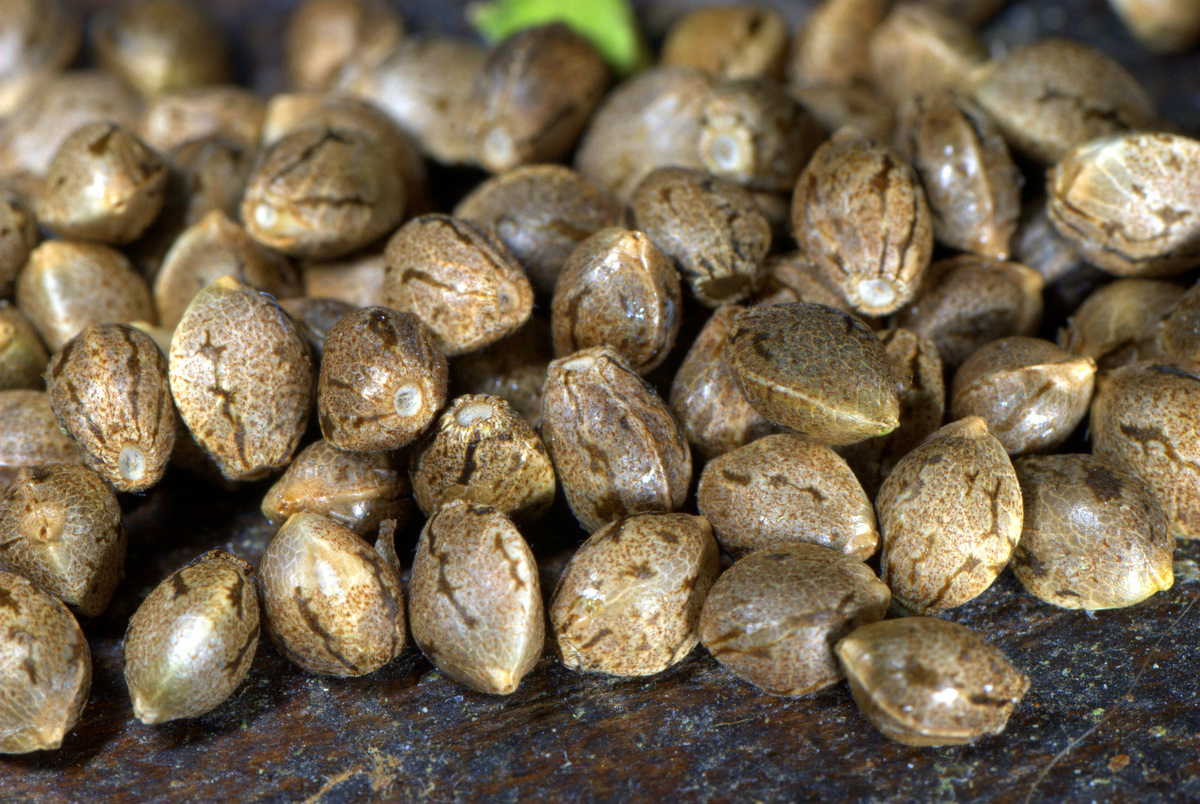In recent yrs, the conversation close to sustainable farming practices has attained momentum, with an raising concentrate on environmentally friendly alternatives. Just one intriguing player in this movement is the hashish plant, specifically its seeds. Hashish seeds have emerged as a opportunity match-changer in sustainable agriculture, providing a myriad of advantages that increase beyond the realm of leisure and medicinal use.
The Eco-Welcoming Mother nature of Hashish Seeds:
Cannabis vegetation are known for their resilience and adaptability, earning them an great candidate for sustainable farming. The cultivation of cannabis seeds necessitates less pesticides and herbicides in contrast to many other crops, contributing to a reduction in environmental air pollution. Moreover, hashish plants have deep root devices that enable prevent soil erosion, marketing soil wellbeing and fertility.
Drinking water Efficiency:
H2o scarcity is a considerable problem in agriculture, but hashish has demonstrated to be a somewhat drinking water-effective crop. Cannabis crops have a exceptional capability to thrive in numerous climates, from arid locations to extra temperate zones, letting for cultivation in regions where water sources may well be restricted. This adaptability will make cannabis seeds a promising choice for farmers hunting to conserve water and minimize their environmental affect.
Biodiversity and Crop Rotation:
Sustainable farming practices typically emphasize the value of biodiversity and crop rotation to sustain soil health. Cannabis matches nicely into these ideas, as its cultivation can lead to crop rotation cycles, blocking the depletion of nutrients in the soil. Additionally, hashish vegetation assist biodiversity by providing a habitat for a variety of bugs, birds, and microorganisms that enjoy important roles in ecological balance.
Carbon Sequestration:
One particular usually-overlooked factor of cannabis cultivation is its potential to act as a carbon sink. Cannabis crops soak up carbon dioxide in the course of photosynthesis, encouraging mitigate the consequences of climate improve. When developed on a substantial scale, hashish has the potential to sequester considerable quantities of carbon, generating it a beneficial ally in the fight versus international warming.
Hemp: A Functional and Sustainable Crop:
Within the cannabis family, hemp stands out as a notably adaptable and sustainable crop. Hemp fibers can be employed to create a extensive variety of eco-welcoming items, together with textiles, paper, and biodegradable plastics. Hemp seeds, prosperous in protein and crucial fatty acids, are a wholesome addition to human and animal diets, providing a sustainable option to traditional crops.
Financial Rewards for Farmers:
In addition to its environmental advantages, cultivating cannabis seeds can supply financial added benefits for farmers. The escalating desire for hemp-derived products and solutions, these kinds of as CBD oil and hemp-dependent textiles, opens up new revenue streams. As a lot more nations around the world legalize and regulate cannabis cultivation, farmers have the opportunity to diversify their crops and tap into a burgeoning market place.
Difficulties and Concerns:
Although the potential positive aspects of cannabis seeds in sustainable farming are promising, there are difficulties and criteria that are unable to be overlooked. Regulatory frameworks, varying legal statuses, and the stigma linked with hashish cultivation can pose hurdles for farmers. Nonetheless, as attitudes in the direction of hashish go on to evolve globally, it is very important to handle these challenges to unlock the complete possible of cannabis in sustainable agriculture.
Summary:
Hashish seeds have the possible to revolutionize sustainable farming practices by featuring a crop that is resilient, water-efficient, and environmentally pleasant. As the globe grapples with the urgent want for sustainable answers in agriculture, checking out the opportunities of cannabis cultivation turns into increasingly important. By embracing find more of hashish seeds, farmers can lead to a greener foreseeable future while reaping economic benefits. It is time to recognize cannabis not just for its leisure and medicinal worth but also for its part in cultivating a more sustainable and resilient agricultural landscape.